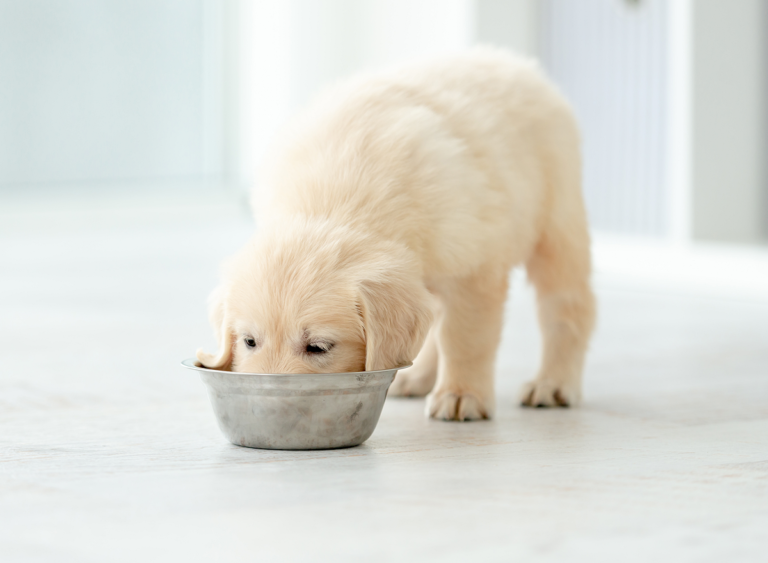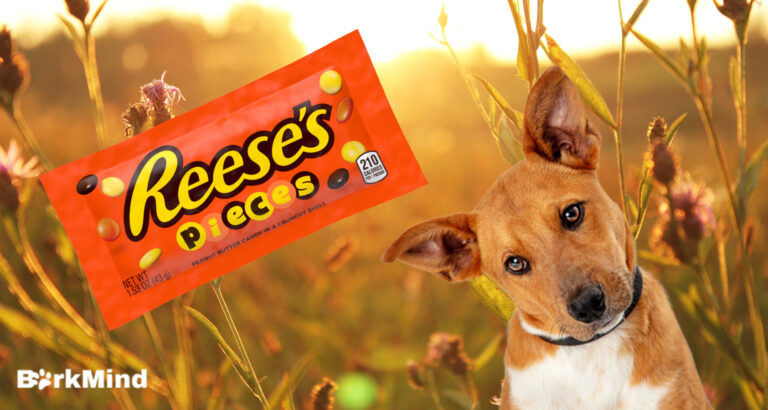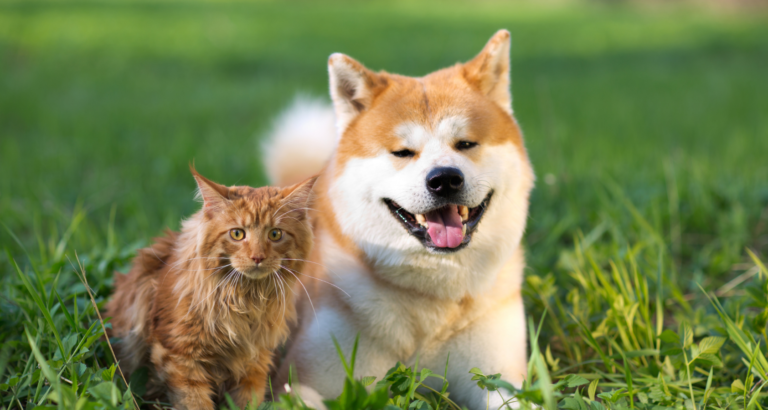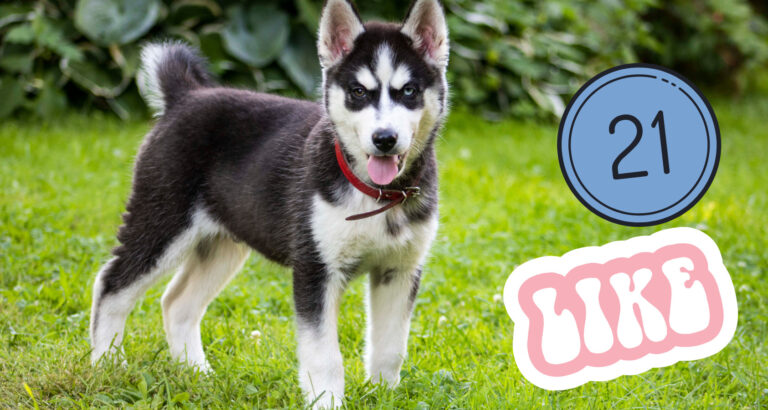Can Cats Eat Pepperoni? Shocking!
Last updated on March 24th, 2023 at 10:36 pm
Reading Time: 4 minutesThis post may contain affiliate links. If you click and buy we may make a commission, at no additional charge to you.
Can My Cat Eat Pepperoni?
Many cat owners believe that cats don’t derive nutrition from vegetables and humans. Therefore, they make meat a staple in their diet. Chicken, fish, and beef are all safe for cats, but can cats eat pepperoni?
Quick Answer
Yes. Cats can eat pepperoni. It’s safe for them. However, ensure that they eat it in moderation. To much pepperoni can hurt them and can even be poisonous.
In this article, we’ll go into deep detail on the dangers of feeding pepperoni to your cats, as well as how to share it with your cat in a safe way. So, read this article till the end to find out.
Let’s dive in!
Is Pepperoni Safe For Cats?
Quick Answer Yes. It’s safe if taken in small amounts. Due to the preservatives and colorings pepperoni contains to much can be unhealthy and cause serious issues.
Whether you have pepperoni in your pocket or on pizza, it’s always appealing to your cat. Just like us, they love it to! Yes, it looks juicy and tasty, but some of the ingredients in pepperoni aren’t to safe for cats.
Pepperoni contains preservatives and colorings that are unsafe for cats. Some of these ingredients can make them sick. Consuming a small number of pepperoni won’t affect your cat dramatically. However, a large amount can make your cat feel sick and possibly lead to worse issues down the line.
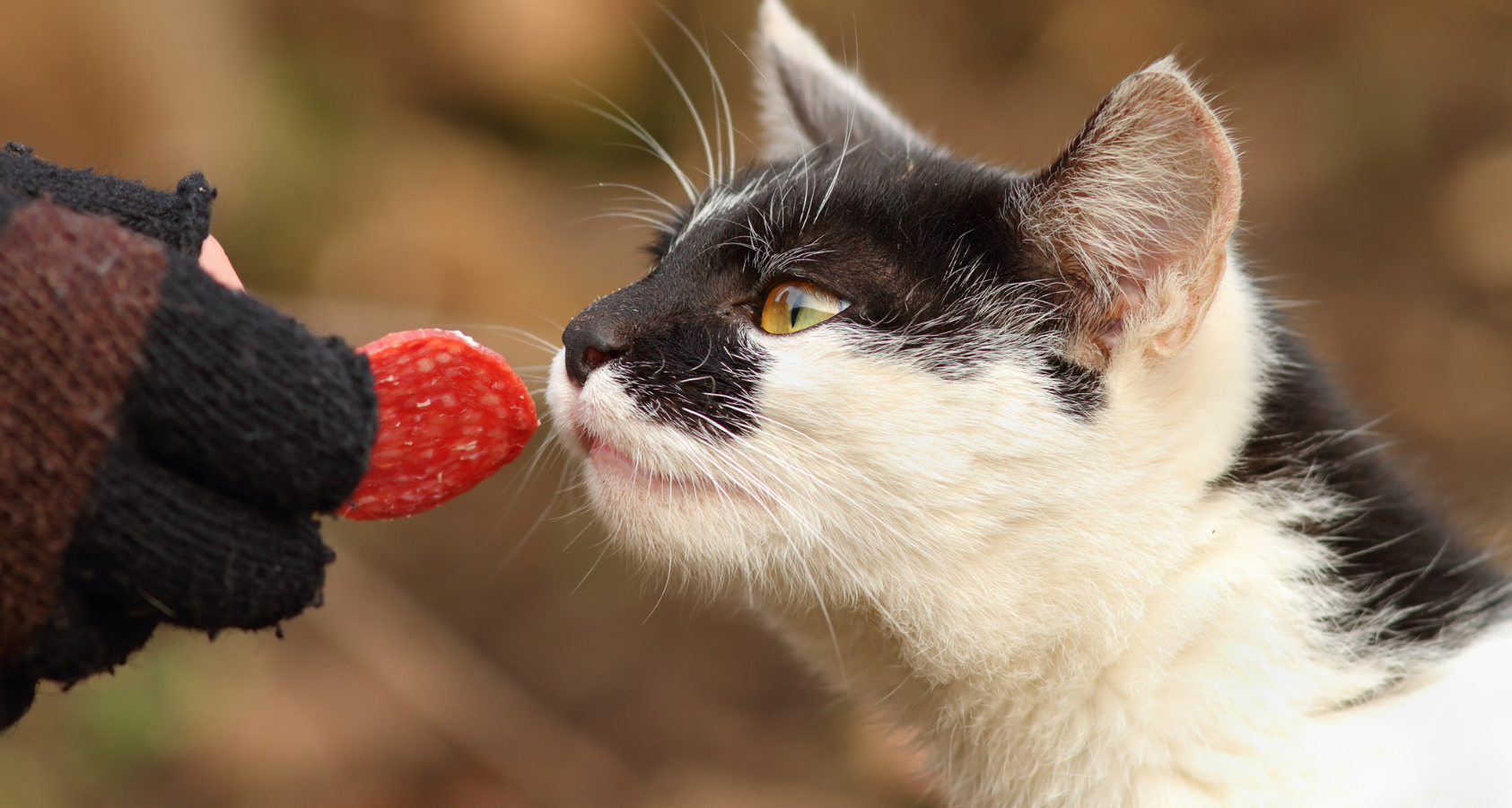
Dangers of Feeding Pepperoni to Cats
Avoiding pepperoni to cats is recommended. There are many dangers when it comes to feeding pepperoni to cats. Pepperoni can be extremely dangerous to pregnant cats.
Similarly, when you feed it to kittens, they get sick because their immune system isn’t fully developed. Therefore, avoiding offering pepperoni for your kittens is also suggested.
When cats eat pepperoni regularly, they suffer from obesity and other weight-related issues. Pepperoni is rich in salt, and feeding such food to kittens isn’t recommended. A single piece of pepperoni contains 35 mg of sodium, and an average-sized cat shouldn’t consume more than 42 mg sodium for an entire day.
When cats eat foods containing too much salt, they suffer from diseases that harm them. So, if your cat is already struggling with kidney issues, the vets will recommend a lower-sodium diet. Therefore, you should avoid treats like salami.
Cats don’t process fats as humans do, and pepperoni contains a reasonably high amount of saturated fats that increase the risk of obesity. Moreover, paprika and chili pepper can upset their stomach. Some other ingredients in pepperoni are garlic which is toxic to cats. Garlic can quickly destroy the red blood cells of cats.
Ingredients That Are Dangerous For cats In Pepperoni
- Pepperoni Contains Salt, Some Dangers Of Salt Include:
- Decreased appetite
- Vomiting
- Extreme thirst and/or urination
- Pepperoni Contains Garlic, Some Dangers Of Garlic Include:
- Heinz body anemia
- Methemoglobinemia
- Upset Stomach
How to Share Pepperoni with Your Canine Companion? (Safe Way)
Whenever you want to feed human food to your kitten, ensure that you consult your veterinarian before making any forward decisions. You should start with small proportions to see how cats respond to it. You can offer a few nibbles now and then, so your cat can enjoy it. Remember, you can’t provide this food to your cat frequently as it might harm them in a serious way.
Pepperoni is never the best snack for your cat because of the high sodium inside of it. So, when you look for pepperoni for your cat, ensure that you choose natural options made of meat and fat. Moreover, it shouldn’t have too much-added salt or garlic in them. These two ingredients can lead to severe issues down the line which may result in some issues stated above
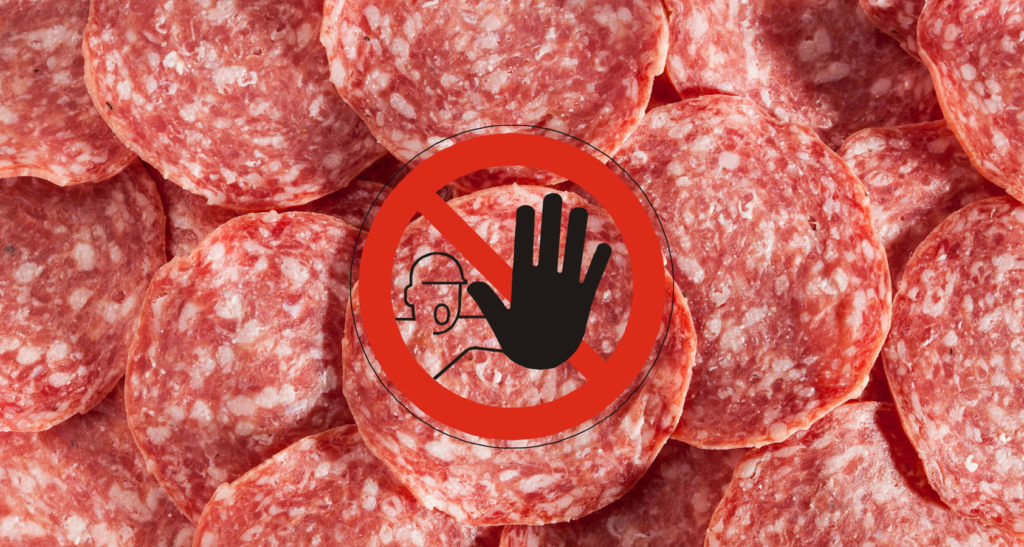
Final Words
Can cats eat pepperoni? Yes, they can, but it’s not recommended to feed pepperoni to cats because of the health risks it possesses. Even if you’re giving them as a treat, avoid feeding them regularly. Before you make any decision, ensure that you consider your cat’s medical history.
About The Author
I'm a content writer and researcher. But bottom line, I loveee animals. I had my first animal which was a guinea pig at age 8. Later had a bunny, dog and a lot, a lot of fish. Writing about what I know about pets will allow me to share my knowledge and love for them with everyone else. Dealing with dogs my entire life, I know a lot.




